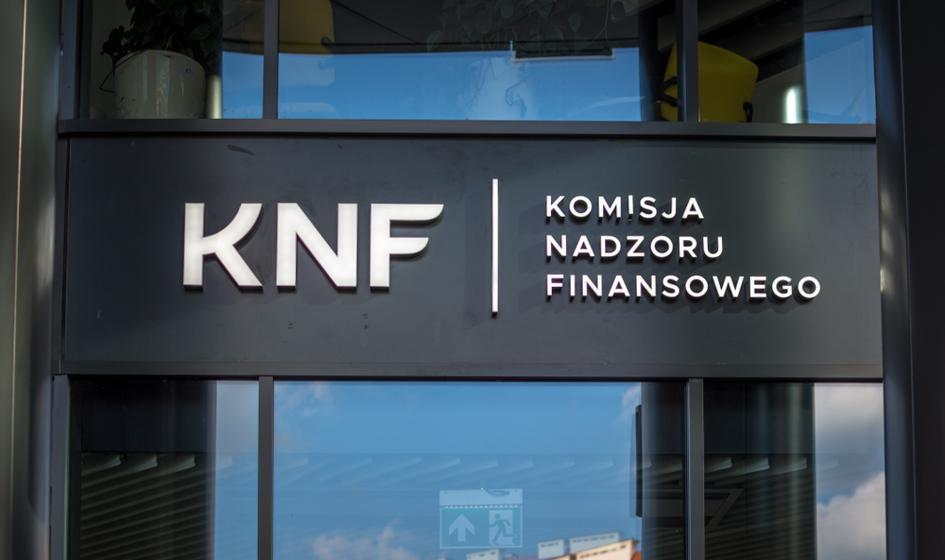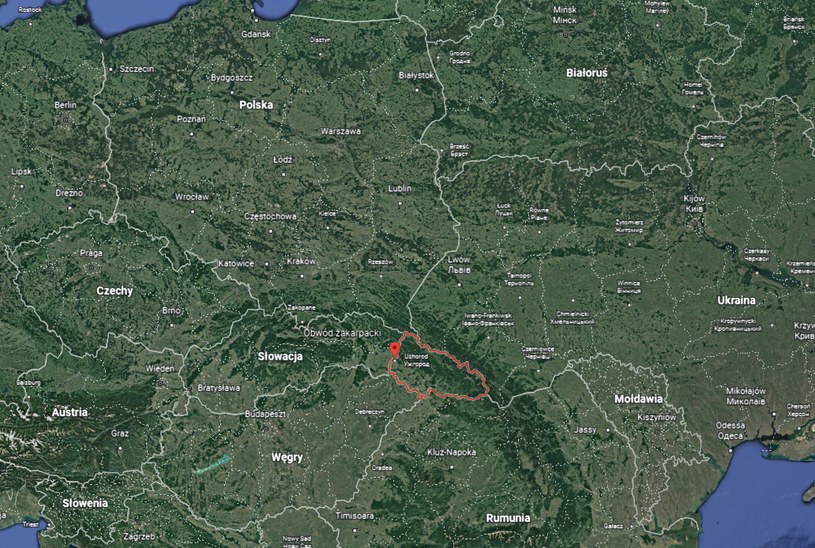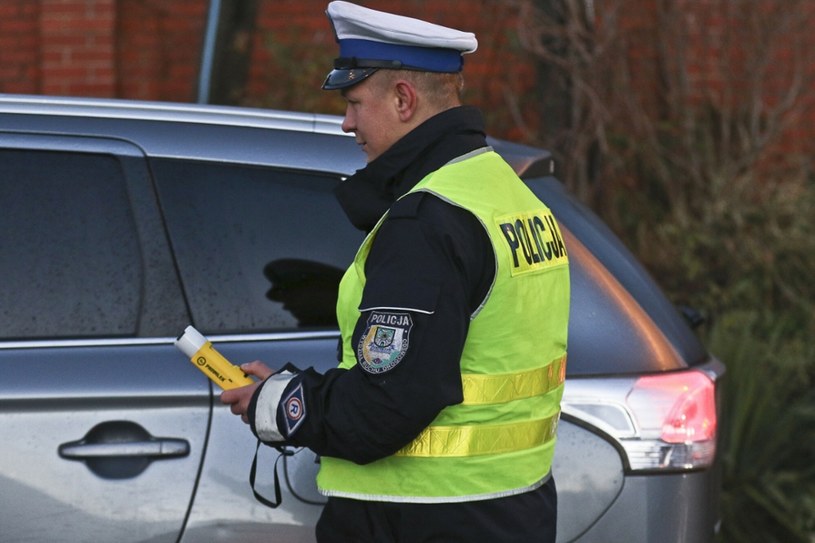“Climate change is a fact and we need to combat it”. But how to reconcile competitiveness of the EU green economy and implementation of the European Green Deal? Here you will find the major conclusions from the EURACTIV.pl’s conference “The Green Future of Europe”.
The European elections did not bring fundamental changes to the structure of the European Parliament. The coalition of the European People’s Party, Socialists and Democrats and Liberals have stayed in power. This means a status quo in the EU institutions, above all in the European Commission, with Ursula von der Leyen elected for a second term as Commission President.
Consequently, one can expect further implementation of one of the Commission’s flagship projects, the European Green Deal. However, there is no doubt that it will undergo further reform.
On the one hand, new challenges and needs are emerging, and on the other, the costs of implementing the Green Deal are proving painful for many industries or professional groups. Hence the discussion about changes to the Green Deal, which has been going on for many months and which will certainly be even more intense now after the European elections.
Decision-makers, experts, and stakeholders discussed possible changes at a panel “The Green Future of Europe” held by EURACTIV.PL under the patronage of the European Parliament and the honorary patronage of the European Commission.
The Green Deal will pay off
Urszula Zielińska, Secretary of State at the Polish Ministry of Climate and Environment, pointed out during the discussion that other crises, such as Russia’s aggression towards Ukraine, add to the current climate crisis and hamper tackling it.
„Fossil raw materials and energy are being used as weapons by Moscow in the war (against Ukraine),” she stressed.
She added that the migration crisis at the European Union’s external borders is partially an aftermath of climate change hitting the Global South hardest and exacerbating the problems of the economies there, which in turn is driving more people to seek a new life in more prosperous parts of the world, such as Europe.
“Due to rising temperatures, living conditions in many countries in the South are becoming unbearable. People are fleeing northwards in search of water and food. All this was predicted in various reports more than a decade ago, and we are still not prepared for these phenomena. That is why we are facing such an accumulation of crises today,” stressed Zielińska.
The EU needs to address all this, she argued. “We know that we have the necessary technologies, we know the ways to deal with such crises. Tackling them is not easy, but we, as Europe, have the means to do it. We have amassed considerable resources to stop emissions and the atmosphere from heating up. However, we are very slow in our actions,” she said.
The minister pointed to a need to rethink and discuss the EU’s existing climate action so as to address arguments by some MEPs who deny climate change or challenge the scientific consensus that it is the result of human activity.
Zielińska also noted that in its 2019 energy security doctrine, Russia defined the European Union’s climate policy as the country’s biggest external challenge. “Even then, Moscow saw the EU’s shift away from fossil fuels and importing them from Russia as its biggest external threat. Russia had already pursued disinformation in the EU about climate change, but it gained new momentum in 2019,” she said.
Europe must realise that undermining EU climate policy will make it more difficult to strengthen the EU’s independence in the energy area, she said.
She also explained the changes in the Green Deal that Poland expects.
“We need to strengthen communication around all the legislative packages that bring change so that European societies better understand the objectives of the changes. We must work out a pan-European communication policy that speaks clearly and shows the concrete benefits of our actions.”
“The data for Poland show that in the case of the Nature Restoration Law, to provide just one example, the benefits will be about nine times higher than the costs,” she said, noting that for some countries the gains will be even higher.
From the Polish point of view, it is essential to strengthen the competitiveness of European economies and European industry vis-à-vis other parts of the world, especially China, Zielińska said.
“This is particularly important, especially regarding new technologies,” she said, pointing to solutions such as heat storage or hydrogen technologies.
The need for good information
European People’s Party MEP Adam Jarubas, member of the European Parliament’s Committee on the Environment, Public Health and Food Safety (ENVI) said that the EU House must learn from the mistakes resulting from a lack of good communication about the EU climate policy.
“Some regulations went too far. Some regulations were not clear enough to withstand the threat of creating disinformation about them. The Green Deal as an economic strategy became one of the main themes of this campaign, but it was also an opportunity to attack the European Union. It has been used to form accusations that the EU is preparing legislation that is completely detached from life,” he said.
“Climate change is a fact and we need to combat it, but on some of the provisions regarding the Green Deal and some of the indicators that we need to achieve, we as the EPP were outvoted by the Socialists and the Left. If that had not been the case, then we might not have a >>Fit for 55<< package today, but maybe a >>Fit for 50<< package. There would then be no need for the highly criticised ETS 2 system.”
He noted that the next European Parliament will see the far-right, which is generally sceptical of pro-climate measures, growing in strength, and the same will happen in the European Council as the result of some national elections, like in the Netherlands.
Zero-emission technologies with strong market potential
Felicia Stoica of the European Commission’s Directorate-General for the Internal Market, Industry and SMEs (DG GROW) pointed out that we find ourselves in a new political reality.
“The Commission is awaiting the new structure of the Parliament, but the new College of Commissioners will shape the priorities of the new Commission and the way of further implementing the Green Deal objectives,” she said.
She also pointed to the recently presented Strategic Agenda, which mentions as a priority the scaling up of manufacturing capacity for net-zero products, among other things.
“We also have the conclusions of the April summit, which said that the EU needs a new Competitiveness Deal, underpinned by a new strategy for a modernised Single Market.
For her, “it is legitimate to keep the Green Deal objectives as a means to enhance the EU’s competitiveness.”
“We know that we need to reduce emissions and that we have a target of climate neutrality by 2050. However, we have to look for solutions to achieve these targets while not only maintaining competitiveness but leveraging it through increased EU production and the deployment of low-carbon, circular, and net-zero products.”
Stoica noted that Poland has excelled in developing the production of lithium-ion batteries for electric cars. “The production capacity in Poland has increased to 73 MWh in 2022. This is incredible. Poland has even overtaken the US in this respect and has actually become the world’s second largest producer of such batteries after China. This is a very positive trend,” she said.
Our carbon footprint is incompatible with the Paris Agreement
Joan Marc Simon, founder of Zero Waste Europe, stressed that “democratic forces” have kept a majority in the European Parliament.
He recalled that the frame for most discussions on climate policy and pathways to zero-carbon are still the 2015 Paris Agreement, whose goal is enshrined in EU law. “Yet, we are seeing how we are exhausting our carbon budget, waste generation continues to increase, and our material footprint doesn’t go down,” he said.
He pointed to a need to improve the way we manage resources or, by 2060, we would be using 60% more extracted resources than we were in 2020.
“After the pandemic, our carbon footprint has unfortunately increased again, despite our legislative efforts in recent years. Fortunately, we are getting better at recycling and waste management, but this is insufficient to compensate for our material footprint,” Simon said.
He pointed to an increasing number of pro-climate regulations in the EU, which are implemented more effectively.
“The Council conclusions a few weeks ago also showed that we should pay more attention to the currently unsustainable per capita consumption of materials in the EU. Despite the good policies in place, they still do not suffice to reach the climate and circularity targets we have set ourselves,” he said.
He suggested looking beyond the short-term political scene. “The industry and the public authorities are proposing to increase the competitiveness of our economy through innovation, technology deployment, and investment. This is all very good, but it’s not enough; the Juncker Commission already tried this 10 years ago, and after cutting red-tape and investing billions, our competitiveness didn’t increase. For instance, our chemical industry is more uncompetitive than ever, despite decades of innovation and investment. If we are serious about the future, we need to look into new ways to boost competitiveness, and that has to do with working on demand side measures and shifting taxation from labour to resources,” he explained.
Level playing field in the common market
Virginia Janssens, Managing Director of Plastics Europe, added that safeguarding and enforcing the EU’s Internal Market, is critical and ensuring the harmonised implementation of adopted EU regulations across all Member States.
“There are some parties that are not pro-European and which wish to overturn certain EU regulations such as elements of the EU Green Deal. We will need to ensure an enabling policy framework to transition towards circularity and net zero emissions remains which will contribute to Europe’s competitiveness. Addressing the energy cost deficit in Europe will require more Europe, more infrastructure connectivity between EU member states to make the implementation of the Green Deal easier, faster, and more effective from an environmental, social and economic perspective,” she said.
She added that any enabling policy framework for the EU Green Deal should add to the business case of attracting related sustainable investment in Europe.
“Plastics Europe represents 90% of the polymer production in Europe. Europe’s competitiveness deficit for energy intensive industry also includes the plastics sector. We currently account for 14% of global plastics production, and in 2006 we had 22%, while demand in Europe was stable. At the same time, we need to ensure increasing imports adhere to the same rules European companies need to adhere too,” Janssens stressed.
She said that the European polymer industry very much wants the Green Deal to succeed, as it draws attention not only to environmental but also economic and geopolitical goals. This includes securing Europe’s self-sufficiency for critical and essential materials, sectors and value chains at affordable and competitive prices for European citizens and businesses.
No room for questioning of delaying climate targets
Director for Circular Economy in Directorate-Generale for Environment at the European Commission, Aurel Ciobanu-Dordea, stressed that the implementation of climate targets can no longer be delayed.
“We need to discuss with the business sector how best to implement these targets. It was the European Parliament and the member states in the Council that set the targets, so we cannot withdraw from them. What we can do is discuss with the member states, business associations and agricultural associations how to support implementing these goals.”
The Green Deal gives the European Union “an opportunity to strengthen its leadership” in the world.
“China is looking at us and learning from our experience how to build a sustainable economy. We must not let China take over the leadership role in the area of photovoltaic panel production or electric cars, for example” Ciobanu-Dordea pointed out. He added that it is the EU, together with the US, that is now forming a global front of leadership in climate action and a sustainable, modern economy.
Circular economy in a path to economic independence
The panelists discussed how to effectively implement the European Green Deal and the circular economy in order to increase the EU’s competitiveness in global markets and ensure that the green transition is not carried out at the expense of citizens.
“There is a lot of talk in the EU about investing in technology to increase competitiveness. However, we see that the most competitive EU countries turn out to be those with the most stringent environmental standards,” he stressed.
He pointed out the role of an effective tax policy to help increase the EU’s own resources and the need to consult with the Union’s Member States on tools to help them on the road to a green transition.
He agreed that climate targets should not be delayed, but that tools should be sought to help in the implementation of the climate goals.
“Economic incentives as well as political will are important to provide predictability and the business case for a timely and scalable plastics transition in Europe,” said Virginia Janssens.
“Politicians need to recognise that plastics serve a vast majority of value chains and key sectors, which are critical to the EU’s ambition towards net zero and circularity, ranging from serving the renewables market, healthcare, mobility and building & construction,” she added.
“Without plastics, Europe will not achieve its zero-emission goals as plastics serves the transition roadmaps of other sectors in addition to dealing with our own transition roadmap,” she appealed.
Plastics criticality in these sectors and value chains are increasingly understood. She expressed hope that, in the future, more collaboration can occur between public and pricate stakeholders, in addition to relying on the innovation capacity of our industry and value chain, to jointly pursue green goals.
Circular economy is a very important part of the European Green Deal, but Poland is still far behind in its implementation, Zielińska admitted. Consequently, the government aims to change the law and introduce solutions that will bring Poland closer to increasing the recovery rate of plastics.
“On 1 January 2025, a deposit system will come into force, which will help us to increase recycling rates and thus implement a circular economy more effectively,” Zielińska said.
She also drew attention to the governmental Clean Air programme (Czyste Powietrze), which, by offering up to 90% financing, helps to encourage Poles to invest in comprehensive home thermo-modernisation and technologies such as heat pumps.
The minister further pointed to the need for a transformation of district heating based on heat storage, heat pumps, photovoltaics or wind energy.
“Renewable heat will be much cheaper than today’s old coal heat. We can already see that it is cost-effective. It is possible to completely replace coal-fired power stations with green, zero-carbon power stations.”
“If we offer people good financing for their investments, which is what our state institutions are increasingly offering, we are getting a response, as evidenced by, for example, the 6,000 applications for replacing coal boilers,” Jarubas said.
“The numbers show that people do want to protect the climate and their savings.”
Stoica stressed the role of financial assistance to SMEs for green transformation projects. She cited the Netherlands as an example, where there is a large number of applicants for funding aimed at SMEs.
“SMEs therefore need to be supported so that their ideas can serve the whole of society,” she emphasized.
“The COVID-19 pandemic and the war in Ukraine have convinced us that we need circularity and a better economic strategy,” said Ciobanu-Dordea. “We also need to make better use of the resources we have in Europe so that we can become independent in terms of imports of strategic raw materials. A circular economy can be the answer to the geopolitical challenges we face today.”

 4 mies. temu
23
4 mies. temu
23 








![Nowy obowiązkowy przedmiot szkolny pomimo protestów. „Nowacka została ministrem właśnie po to” [VIDEO]](https://nczas.info/wp-content/uploads/2024/11/barbara-nowacka.jpg)
















 Bengali (Bangladesh) ·
Bengali (Bangladesh) ·  English (United States) ·
English (United States) ·  Polish (Poland) ·
Polish (Poland) ·